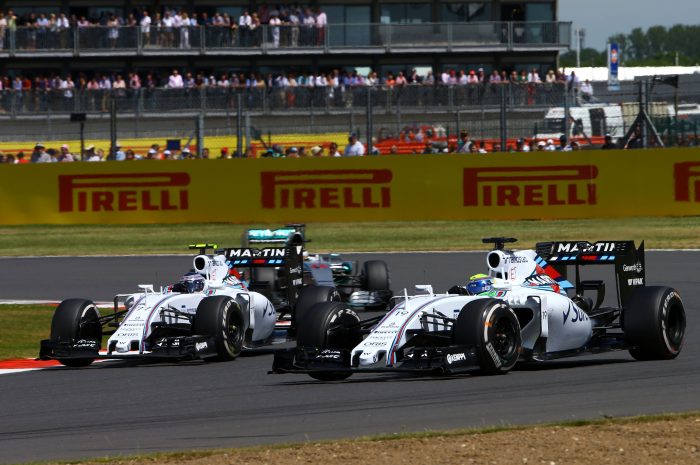
Williams is seeking to understand why updates it has introduced this season have not had the expected impact on the performance of its FW38 challenger.
The Grove-based outfit has determined that theoretical gains of its updates validated by factory data has, for some reason, not transferred to the race track.
The FW38's development pace has been gradual this year with fewer upgrades compared to last season as Williams decided to focus as early as possible on its 2017 car.
"In the last two years, we've been proud that we have brought things to the track that have performed as we anticipated," explained Williams technical director Pat Symonds to Autosport.
"During that time, there was only one thing we brought that didn't do what we hoped it would do,so that is a pretty good record.
"This year, we've had two quite major developments and they haven't delivered as much as we expected.
"We have made a call to switch to next year's car quite early on.
"We've introduced fewer upgrades than normal and some of those haven't performed as well as we hoped they would.
"I'll be honest and say we're not completely sure [why] yet and we're having a big investigation into it right now.
"We will get to the bottom of it, it's the nature of the way we work at Williams, and we do go into things in a lot of detail so we will sort it."
Symonds also agreed with Performance chief Rob Smedley's view that the team required better knowledge of its tyres.
"As a team, I would feel more comfortable if we were more on top of tyres. It's a difficult subject for all of us and it's an area where I feel we need to put more resource into it."
Ocon replaces Haryanto at Manor
Explaining the F1 summer break
Chris Amon: A legend's career in pictures
Keep up to date with all the F1 news via Facebook and Twitter







